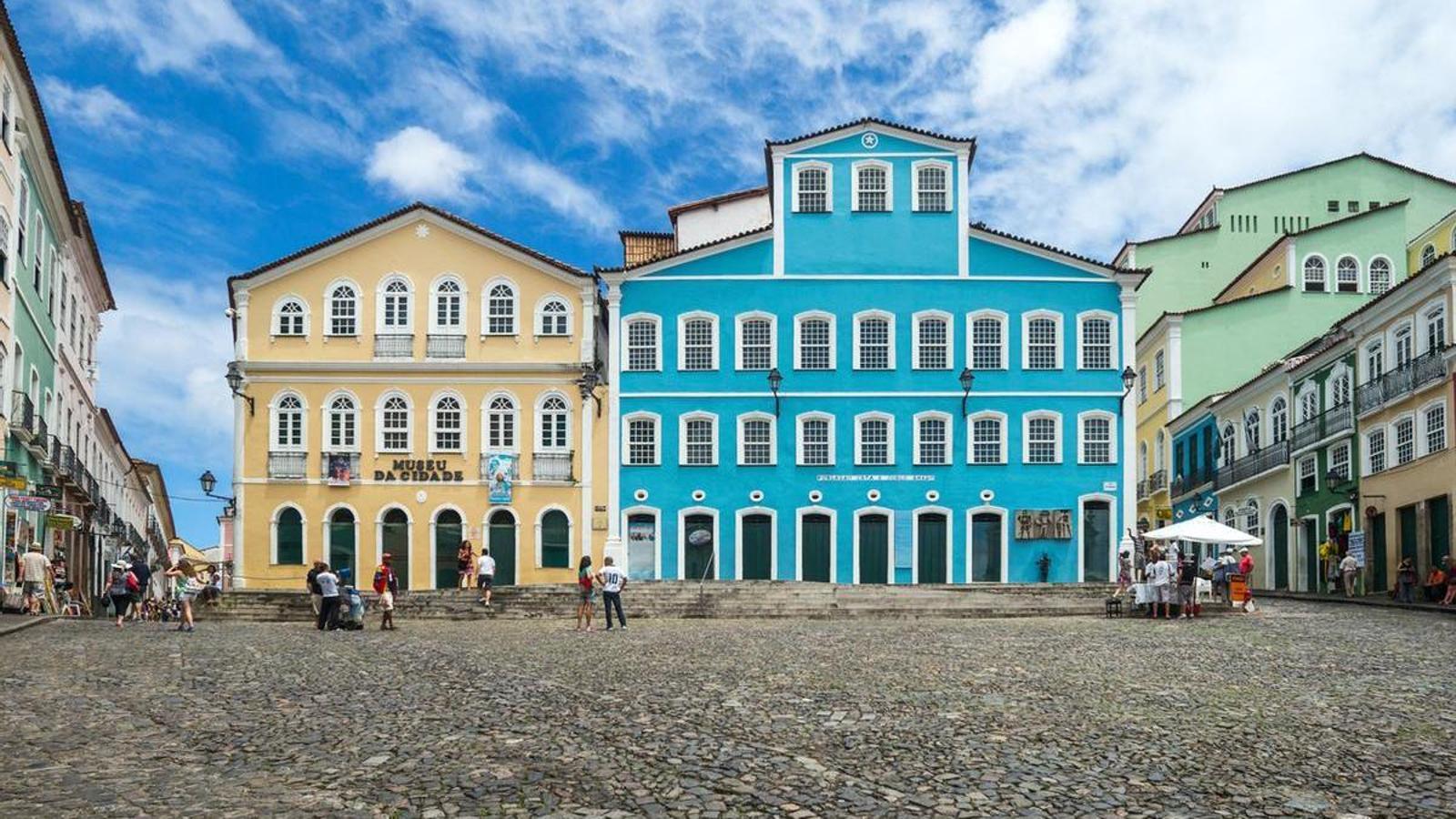The house of miracles where the world seems a better place


BarcelonaRight in the yolk of Salvador de Bahia's egg stands a blue house. It is the headquarters of the foundation dedicated to Jorge Amado, possibly the most beloved Brazilian writer. The authorities rightly decided that his figure should be remembered wherever it belongs, right in the center of Pelourinho, the city's beautiful historic center. Every day, hundreds of people visit the building, but unfortunately, many enter only to go up to the top floor and see the views, ignoring what's on display. A serious mistake, because Amado has a magnificent body of work that helps us discover this fascinating region of Brazil.
Amado was a son of the state of Bahia. And he was in love with its culture. Salvador de Bahia continues to fascinate people from all over the world, who come to see a place where, at times, you can dream that there are only economic differences. Because poverty is there, unlike other places, here, at times, it seems that skin color or sexual orientation don't matter. Salvador is a city of mixed race, and there are many families whose skin and hair colors are mixed. A city proud of the cultural legacy of African slaves and the religions they brought with them, like Candomblé, where you can pray to the Virgin Mary and the goddess Yemayá as if they were one and the same, without any problems. With a Carnival of excesses where, as the people of Salvador explain, the rich dance alongside the poor as if nothing had happened. Where people of the same sex kiss without any problems. Where religion isn't fanaticism, quite the opposite: the churches are alive and open.
In his books, Amado spoke of an optimistic country despite the deep social differences, which he fought against by militating in left-wing parties. He suffered imprisonment and internal exile, and his books were burned during the dictatorship, but he never lost his joy. His books, most of which unfortunately have not been translated into Catalan, convey vitality. Two miracles store It would be a good example. An ideal book to understand the culture of Salvador de Bahia. Inspired by people he knew, Amado created the character of Pedro Archanjo, a poor muleteer who works as a janitor at the Faculty of Medicine in Bahia and suffers the scorn of academics, as Archanjo writes books about Bahia's mixed culture.
In the south of the city, Amado ended up building a house with his wife, the writer Zèlia Gattai, which always had its doors open. Today it can be visited and is beautiful. Amado and Gattai, buried under a tree in their garden, invited foreign intellectuals like Jean-Paul Sartre and Simone de Beauvoir, but also fishermen who couldn't read. Priests and atheists, Candomblé priests and musicians. Casa do Rio Vermelho, as it is known, is a magical place where objects from different cultures and origins mingle. Where you see photos of a married couple who wanted to be happy and collected art, but also the toys Gattai made for their grandchildren, focusing a bit on themselves with a sense of humor. A house full of strange and fascinating objects. A mix that could be a little disharmonious, but, as is the case in Bahia, ends up being magical.
Recommendation for traveling to Salvador de Bahia
Book: Two miracles store
Author: Jorge Amado
Year: 1969
